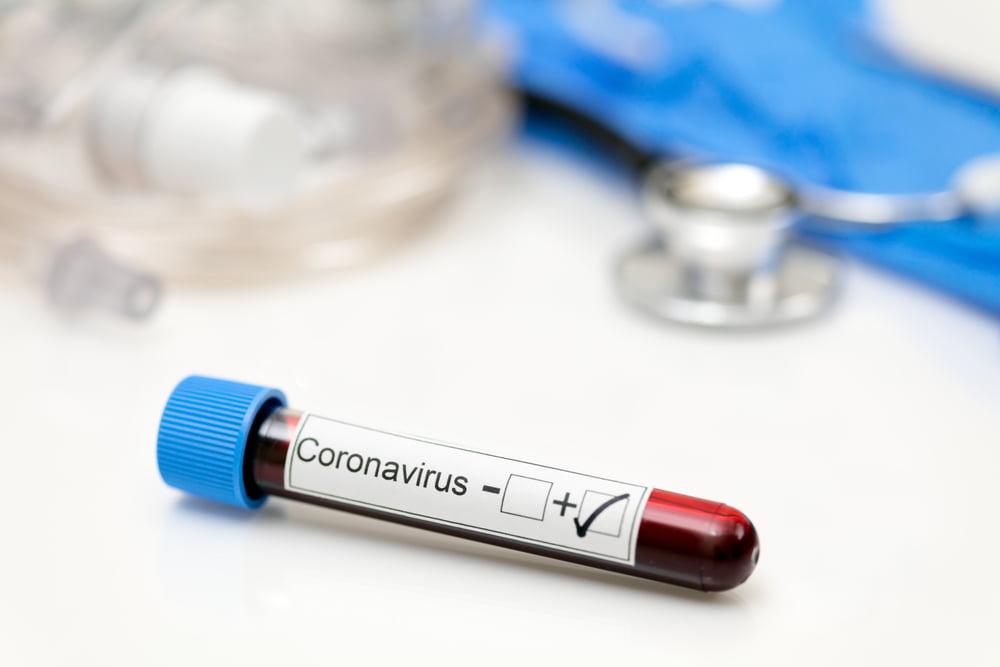There is no increased risk of COVID19 for employees in long-distance trains of Deutsche Bahn (DB). This is shown in the first study of a joint study by DB Fernverkehr and the Charité Research Organization. The aim of the research, which will take several months, is to gain scientifically sound knowledge about the infection process in trains.
The central question was whether the situation of train conductors, who are exposed to a large number of customer contacts during their work, differs from that of those groups of employees who have little or no contact with others during their work. Of the 1.072 evaluable PCR tests for the detection of acute infections, only one employee was positive. All other test results were negative. In the 1.064 evaluable blood tests for antibodies, the train conductors had the lowest value with 1,3 percent. For the other employee groups without customer contact (drivers and maintenance personnel) this was 2,7 percent. This means: The proportion of train conductors with proven SARS-CoV-2 antibodies was not increased in the sample studied compared to the other professional groups.
Martin Seiler, Director of Human Resources at Deutsche Bahn: 'We now have the first scientific findings in Germany on corona events in trains. For us as an employer it is important that our employees on board are not exposed to an increased risk of contracting COVID19. The first results of the research show that our concept of protection and hygiene is effective '.
According to the analyzes of the Charité Research Organization (CRO), there is no evidence of an increased number of SARS-CoV-2 antibodies, which is an indication of a possible increased risk of infection, for train crews, who typically spend significantly longer periods on trains than passengers on the trains.
Berthold Huber, Member of the Board of Directors of Passenger Transport Deutsche Bahn: 'We still have to be careful, but we don't have to worry about traveling by train. Traveling by train is safe and the hygienic and protective measures that the federal government, states and we as DB have taken together are effective '.
More than 600 randomly selected train conductors, more than 200 train drivers and more than 200 maintenance technicians at long-distance transport companies in Berlin, Hamburg, Frankfurt am Main and Munich took part in a first test phase from 29 June to 3 July. Based on the selected sample size, the results of the test are representative of the population of the surveyed employee groups. Subjects were subjected to a PCR test of nose and throat swabs and an antibody test. For example, both the acute infection status was registered and it was checked whether a corona infection had already taken place. In addition, the participants used a questionnaire to provide information about previous diseases, among other things, to infer epidemiological findings. The research project will run in three phases. In this way, any future changes in the contamination rate can also be taken into account. A second round of testing will take place in October, and a third is scheduled for February 2021.
photo above: Deutsche Bahn media portal
Also read: Eurostar only runs on weekends from mid-December



